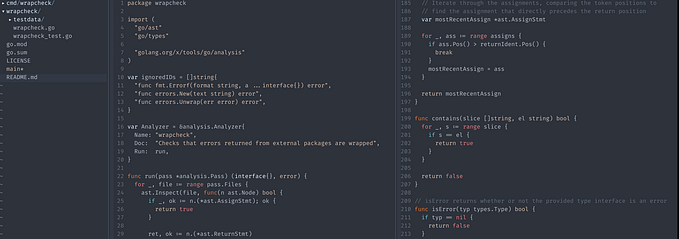Member-only story
Hard Truths of Unrequited Love
Have you ever had strong feelings and emotions for someone who didn’t reciprocate your love for them?
Unrequited love is a term used to describe that wistful, sorrowful feeling, but is it the same as true love? The truth is that unrequited love can be difficult to accept and process. It may not always be completely one-sided, as sometimes feelings are shared, but there’s still a lack of action taken from one side.
The hard part of dealing with unrequited love is accepting that you have no control over how somebody else feels.

Unrequited love is when someone loves you, but you don’t love them back. The term requites “to return” or “to repay.” Unrequited love, in particular, has a deliberately dramatic or romantic connotation, partly because the phrase appears so frequently in classic literature and poetry and is still a popular theme in novels, movies, and music today.
Unrequited love does, of course, occur in real life. For example, it can happen between two friends with a deep level of closeness and between two people who fall in love with someone physically or emotionally unavailable.
The feelings of one friend may move from platonic to romantic, while the thoughts of the other friend stay compartmentalized.
Unrequited love has a negative reputation but can be thrilling and seductive. Moreover, unrequited love can heighten your sense of self through the painful dramas it creates, even though it’s emotionally painful to want someone who is out of reach or doesn’t respond to you.
The unrequited know what a horrifyingly gut-wrenching experience it can be to love someone who hardly gives you the time of day. They will break one day, exposing every flaw and veiny weakness.
But keep in mind that this is not love. That’s not to imply you don’t care. Not to argue that what you believe is less essential or legitimate. That isn’t to say you can’t grieve, feel, and lament for what you hoped for.










